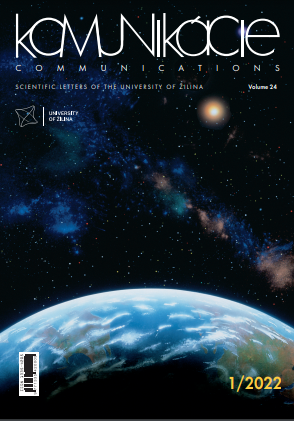The Ethical Dimension of Synthetic Teaching of Mathematics
The Ethical Dimension of Synthetic Teaching of Mathematics
Author(s): Dalibor Gonda, Marcela PjatkováSubject(s): Education, Ethics / Practical Philosophy, Pedagogy
Published by: Žilinská univerzita v Žilině
Keywords: code of ethics; synthesis of knowledge; respective solution; problem; the teaching of mathematics;
Summary/Abstract: Man has created certain habits and ways of dealing with ordinary life situations. It is possible to talk about regularly repeated patterns of behaviour and of solving the everyday routine problems. In principle, people create algorithms for solutions of individual situations, and these algorithms start for him/her more or less subconsciously in identifying the existing problem. But what happens if he/she meets a new, totally unknown situation where the learned algorithms are not enough? There is an inner conflict of the learned with the unknown. In our article, we point out the asset of synthetic mathematics teaching when the pupil is led to solve creatively emerging problems using already-identified solutions. Such an educated pupil adds his own code of ethics to solving problems; he/she does not take uncritically offered fast solutions from the surroundings. When searching for a respective solution, there is always an ethical dimension lying in a person expecting from his/her own problems solutions that they will not only be good solutions but also the excellent ones. It is possible to consider his or her own solution that is taken from other people if one understands this solution and accepts it as his/her own
Journal: Komunikácie - vedecké listy Žilinskej univerzity v Žiline
- Issue Year: 20/2018
- Issue No: 1A
- Page Range: 149-154
- Page Count: 6
- Language: English

